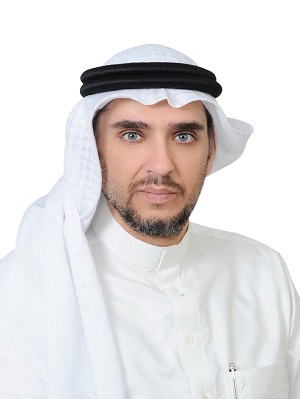Learning Activity Details
| Duration | 10, 4, 2 |
|---|---|
| Sessions | 21 Sessions , 8 Assessments |
| Course Location: | Recorded |
Select The Dates Of The Updated Scientific Valid Content Released By The Scientific Committee.
Speakers
Learning Activity Agenda:
|
Topic |
Duration |
|
|
Introduction What is
stress? |
7
minutes |
Dr.
Haitham Badr |
|
Burnout |
4
minutes |
|
|
What
Should I Do If I Experience Burnout? |
7
minutes |
|
|
What
Are the Identified Stressors? |
6
minutes |
|
|
Outpatient
setting stressors |
6
minutes |
|
|
Home
Healthcare are Long-term Facilities Stressors |
6
minutes |
|
|
Operating
Room Setting Stressors |
8
minutes |
|
|
When a
Healthcare Practitioner Has a Close Family Member as A Patient |
10
minutes |
|
|
How Can
I Manage Stress? |
9
minutes |
|
|
Physical
Exercises and Stress Management |
3
minutes |
|
|
Meditation
For Stress Management in Healthcare Professionals |
4
minutes |
|
|
Breathing
Exercises and Stress Management |
4
minutes |
|
|
Leadership
Role in Stress Management |
4
minutes |
|
|
Time
Management Strategies |
18
minutes |
|
|
The
Role of Sleep in Stress Management |
3
minutes |
|
|
Activating
Your Parasympathetic Nervous System |
4
minutes |
|
|
Heart
Rate Variability and Stress |
4
minutes |
|
|
Stress
and Time Management Require Unbreakable Discipline |
5
minutes |
|
|
10
Things Everyone Should Do |
1
minutes |
|
|
Energy Management |
17
minutes |
Scientific Committee:
Target Audience:
- All Healthcare Practitioners
Learning Activity Objectives:
By the end of this course, participants will be able to:
Understand the sources and impact of stress in the healthcare environment.
Recognize early signs of burnout and fatigue.
Apply evidence-based stress management techniques to improve mental and emotional wellbeing.
Develop time management skills to balance clinical, administrative, and personal responsibilities.
Identify personal and professional priorities to enhance productivity and satisfaction.
Create action plans for sustainable work-life integration.
Learning Activity Description:
This comprehensive online course is designed specifically for healthcare practitioners to address two essential skills: managing stress effectively and optimizing time in demanding clinical and administrative settings. Through recorded, self-paced modules, participants will explore practical strategies grounded in evidence-based practices to improve their wellbeing, enhance focus, and boost professional performance. Upon successful completion of all modules, attendees will receive a certificate of attendance and CME credit hours.
Learning Outcome:
After completing this course, healthcare practitioners will be able to:
Describe common stressors unique to healthcare settings.
Demonstrate techniques such as mindfulness, breathing exercises, and mental reframing.
Implement time-blocking, prioritization, and delegation methods in daily tasks.
Reduce time-wasting habits and increase task efficiency.
Build personal resilience and maintain professional performance under pressure.
Achieve better work-life balance while maintaining high standards of care.
Certificates
You have to attend all the recorded lectures and fill out the survey to obtain the certificate and the CME hours
